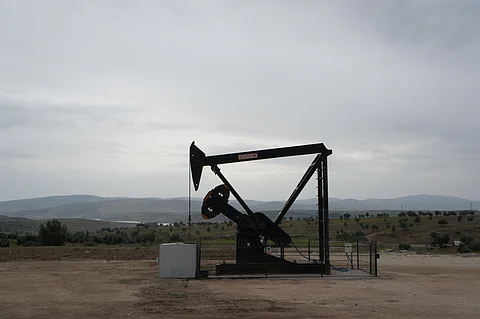

The Iraqi federal government has officially declared a major energy agreement signed between the semi-autonomous Kurdish Regional Government (KRG) and two U.S. energy firms — HKN Energy and WesternZagros — “null and void,” escalating a long-running dispute over the control of oil and gas resources in northern Iraq.
The $110 billion deal, announced earlier this week, is aimed at developing the Miran and Topkhana-Kurdamir gas fields in Sulaimaniya, a province within the Kurdish-controlled region.
On Wednesday, Iraq’s Oil Ministry issued a statement rejecting the agreement, asserting that Iraq’s natural resources “belong to all the Iraqi people” and that all energy contracts must be approved by the federal government in Baghdad. The ministry insisted that any unilateral agreements by the Kurdish authorities are legally invalid under Iraqi law.
The announcement comes amid heightened tensions between Baghdad and Erbil, the Kurdish regional capital, over energy rights and revenue sharing. In 2022, Iraq’s Federal Supreme Court ruled that a Kurdish law regulating the oil and gas industry was unconstitutional and ordered the regional government to hand over control of its resources to Baghdad.
However, Kurdish officials have dismissed the federal government’s claims, arguing that their contracts with international firms are legal and have been upheld in domestic courts. The KRG maintains that it has the constitutional right to manage energy resources within its territory.
The Kurdish region, granted autonomy following the 2003 U.S.-led invasion of Iraq and the fall of Saddam Hussein, has long clashed with Baghdad over the limits of its self-governance — particularly in matters of oil production and exports. The power struggle peaked in 2017 after the defeat of ISIS, when the Kurdish authorities held an independence referendum, defying Baghdad’s warnings. The vote was widely criticized and followed by a swift military response, during which federal forces recaptured the oil-rich city of Kirkuk, forcing Kurdish forces back to constitutionally recognized borders.
In a parallel development on Wednesday, Iraq announced a major state-backed energy deal with China. The Iraqi government signed an agreement with China’s Geo-Jade Petroleum and the local firm Hilal al-Basra, aimed at boosting oil production, building a refinery, and developing an energy plant in Basra, Iraq’s oil-rich southern province.
Despite holding nearly 10% of the world’s proven oil reserves, Iraq continues to import significant amounts of refined fuel due to years of conflict, mismanagement, and underinvestment in infrastructure. The Baghdad government has prioritized energy self-sufficiency as part of a broader post-war recovery and economic diversification strategy.
The competing deals reflect Iraq’s fragmented governance and competing energy interests, with the Kurdish region asserting its autonomy while the central government in Baghdad works to consolidate control over one of the country’s most vital sectors.